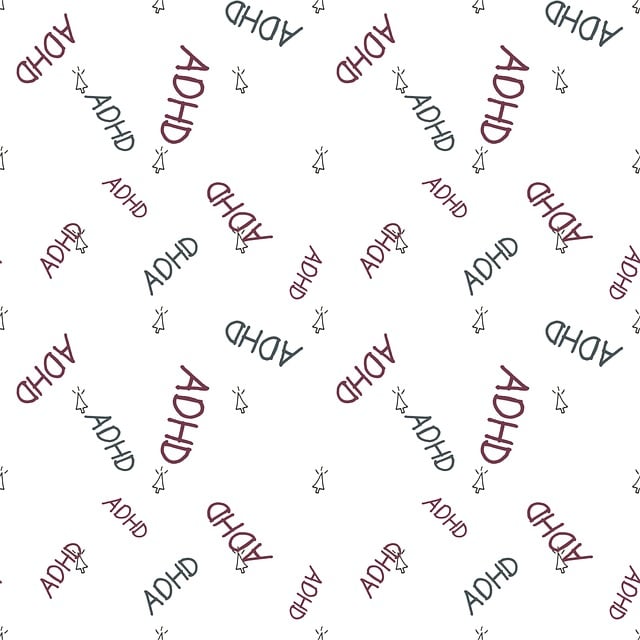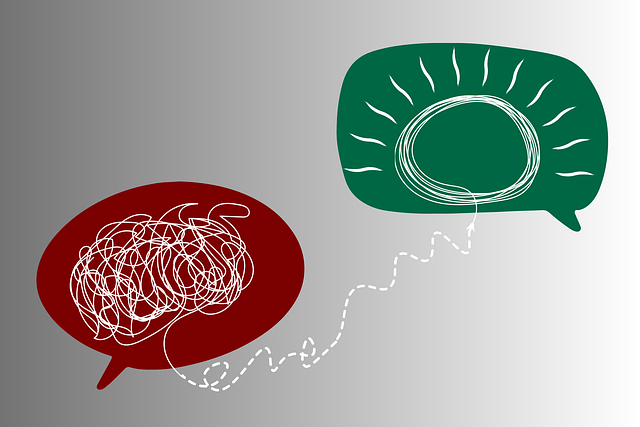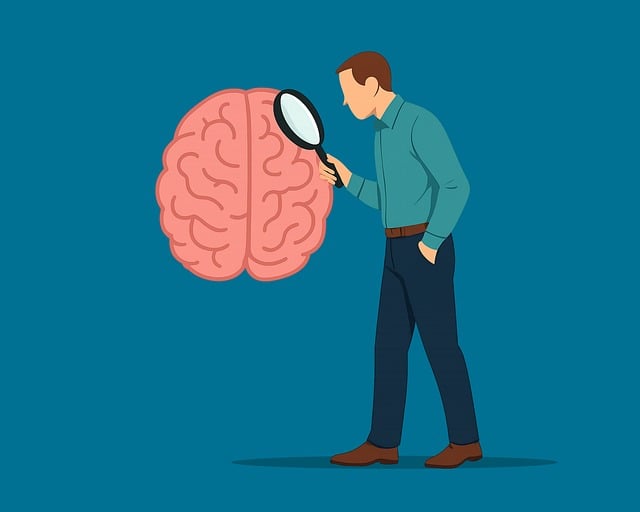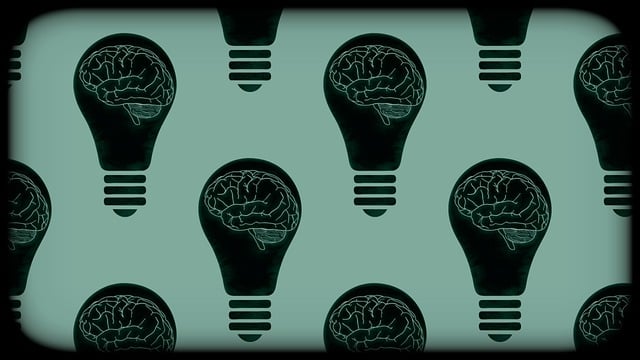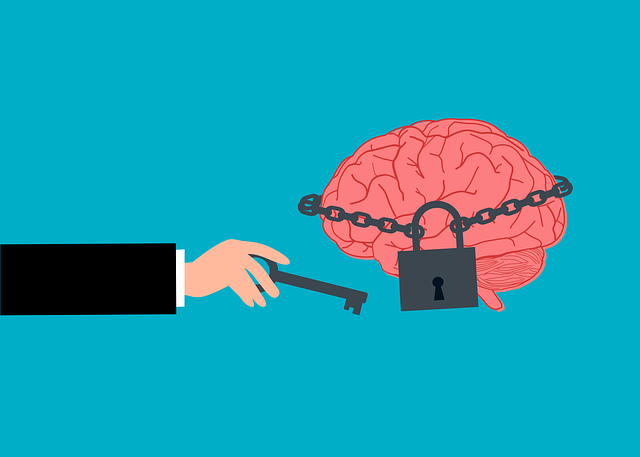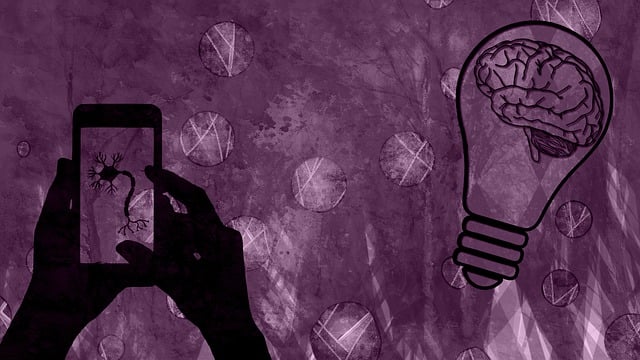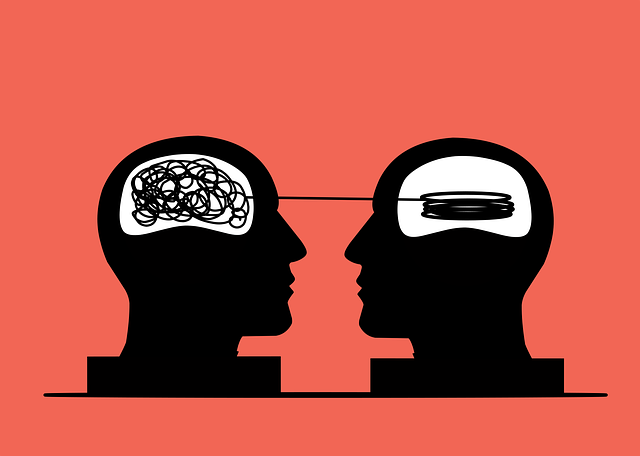Aurora ADD-ADHD Evaluations offer a comprehensive, personalized approach to understanding and managing Attention Deficit Disorder (ADD) and ADHD, combining clinical interviews, behavioral observations, and evidence-based tools. This holistic process considers personal history, lifestyle, and goals, and may include assessments for co-occurring disorders. Tailored therapy plans often incorporate Stress Management Workshops and innovative practices like Compassion Cultivation and Inner Strength Development to enhance mental wellness. Evaluations use structured interviews, self-report questionnaires, and observer ratings to measure progress in attention, impulse control, emotional regulation, inner strength, and stress management, ensuring personalized interventions for individual needs, including Aurora ADD-ADHD therapy.
Mental wellness programs are increasingly vital, and proper evaluation methods ensure their effectiveness. This article explores three key components: Aurora ADD-ADHD evaluations, therapy techniques, and measuring success. Understanding the process of Aurora ADD-ADHD assessments provides a baseline for comprehensive mental health care. We discuss how specific therapy techniques enhance program outcomes, and we delve into evaluation methods that go beyond symptoms, offering a holistic view of an individual’s progress.
- Understanding Aurora ADD-ADHD Evaluations: Unveiling the Process
- Therapy Techniques and Their Role in Mental Wellness Programs
- Measuring Success: Evaluation Methods for Comprehensive Assessment
Understanding Aurora ADD-ADHD Evaluations: Unveiling the Process

Aurora ADD-ADHD Evaluations offer a comprehensive approach to understanding and addressing Attention Deficit Disorder (ADD) and Attention Deficit Hyperactivity Disorder (ADHD). This process involves a series of detailed assessments designed to unveil the unique challenges individuals with ADD/ADHD face. Through a blend of clinical interviews, behavioral observations, and evidence-based tools, therapists gain insights into an individual’s cognitive functions, emotional responses, and environmental influences.
The evaluation process is tailored to each person, considering their personal history, current lifestyle, and goals. It may include assessments for co-occurring disorders, such as anxiety or depression, which are common in individuals with ADD/ADHD. By integrating Trauma Support Services and Crisis Intervention Guidance, the evaluation becomes a catalyst for personalized therapy plans. These plans often incorporate Stress Management Workshops within the Organization to empower individuals with coping strategies, enhancing their overall mental wellness.
Therapy Techniques and Their Role in Mental Wellness Programs

In mental wellness programs, therapy techniques play a pivotal role in fostering recovery and personal growth. One effective approach gaining traction is Aurora ADD-ADHD Evaluations Therapy, which goes beyond traditional treatments by offering personalized interventions tailored to individuals with Attention Deficit Disorder (ADD) or Attention Deficit Hyperactivity Disorder (ADHD). This method leverages advanced evaluation techniques to pinpoint specific challenges, enabling therapists to design targeted strategies for symptom management.
Complementing Aurora ADD-ADHD Evaluations, practices like Compassion Cultivation and Inner Strength Development enhance the holistic nature of mental wellness programs. Mental Health Awareness is elevated through these techniques, empowering individuals to navigate life’s stressors with resilience. By cultivating compassion towards oneself and others, participants develop inner strength, fostering a sense of balance and well-being that extends beyond therapy sessions.
Measuring Success: Evaluation Methods for Comprehensive Assessment

Evaluating the success of mental wellness programs is a multifaceted process that goes beyond mere satisfaction surveys. Comprehensive assessment methods are crucial to understanding the true impact and effectiveness of interventions, such as Aurora ADD-ADHD evaluations and therapy sessions. This involves integrating various evaluation tools to gain a holistic view of an individual’s progress. For instance, structured interviews, self-report questionnaires, and observer ratings can collectively capture changes in symptoms, functioning, and overall well-being.
One key aspect is measuring improvements in specific areas like attention, impulse control, and emotional regulation, which are essential components of Aurora ADD-ADHD evaluations. Additionally, assessing inner strength development and stress management skills, often overlooked but crucial for mental wellness, can provide valuable insights. By combining quantitative measures with qualitative feedback from both clients and therapists, mental health professionals can conduct a thorough risk assessment and tailor interventions to meet individual needs.
Aurora’s ADD-ADHD evaluations play a pivotal role in tailoring effective mental wellness programs. By combining advanced assessment techniques with therapeutic interventions, these programs offer holistic support for individuals seeking improved mental health. Through comprehensive evaluation methods, participants can measure their progress and gain valuable insights into their unique needs, ultimately fostering better overall well-being. Integrating therapy techniques ensures personalized care that addresses the root causes of distress, making these programs a powerful tool for positive change.
